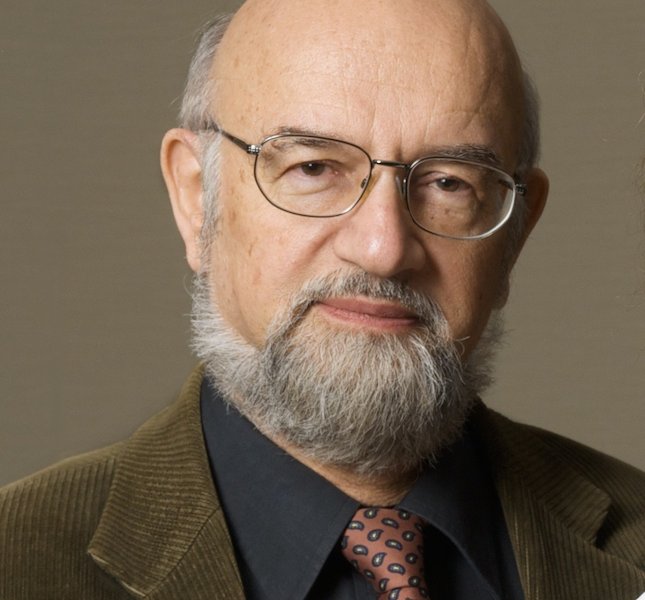Distinguished Professor wins big honour for life’s work
Distinguished Professor Fikret Berkes, Canada Research Chair in Community-Based Resource Management, is the recipient of the 2015 Elinor Ostrom Award on Collective Governance of Common Resources. He received the award at a conference in May 2015.
Berkes, a professor in the University of Manitoba’s Natural Resources Institute (NRI), helped establish the notion that social and ecological systems should be regarded as linked adaptive systems (the focus of his books Linking Social and Ecological Systems, 1998, and Navigating Social-Ecological Systems, 2003, Cambridge University Press).
Berkes also developed the idea that traditional ecological knowledge is a cumulative body of knowledge, practice, and belief, connecting worldviews, knowledge, and commons institutions. His 1999 book Sacred Ecology (Routledge) was expanded through 2008 and 2012 editions, winning the 2014 Sustainability Science Award of the Ecological Society of America. His latest book Coasts for People: Interdisciplinary Approaches to Costal and Marine Resource Management will be published by Routledge in 2015.
Berkes devotes considerable effort to graduate education and to international and indigenous professional development. He has conducted workshops for groups as diverse as Great Lakes Anishinaabe resource managers, Norwegian Saami, Zanzibar government officers, Taiwanese researchers, and Kyrgyz biocultural diversity scholars. Berkes’s Centre for Community-Based Resource Management assists indigenous and international resource managers and communities by maintaining networks, providing educational material, and a case study database.
About the award
The award was created in 2012 by the International Associaton for the Study of the Commons (IASC) to honour the memory and legacy of the IASC’s first president Dr. Elinor Ostrom. Ostrom (1933 – 2012) is best known for her research on how societies can sustainably manage their natural resources. She challenged the conventional view that people only act to maximize their own individual gains and are unwilling or unable to use collective natural resources sustainably. She demonstrated that collaboration is possible, frequent and occurs among diverse individuals and in different contexts. Ostrom shared the Nobel Prize in Economics with Oliver E. Williamson in 2009, and to this day remains the only woman to have won the Prize.
Research at the University of Manitoba is partially supported by funding from the Government of Canada Research Support Fund.








What is the difference between ICM and university if Manitoba.Please explain me in detail
Hello, ICM provides students an opportunity to better transition to a Canadian university, providing them with smaller class sizes and extra instruction. You can read more here: https://www.icmanitoba.ca/about
The University of Manitoba is the oldest university in Western Canada, a leader in many fields of research.